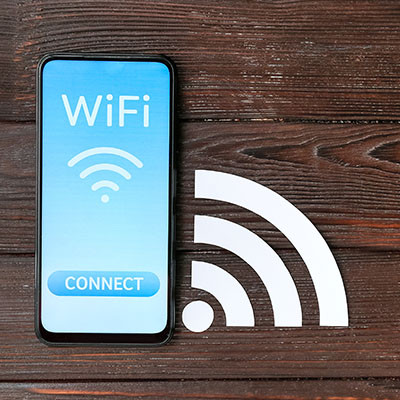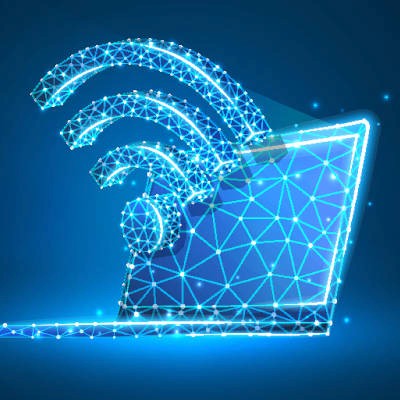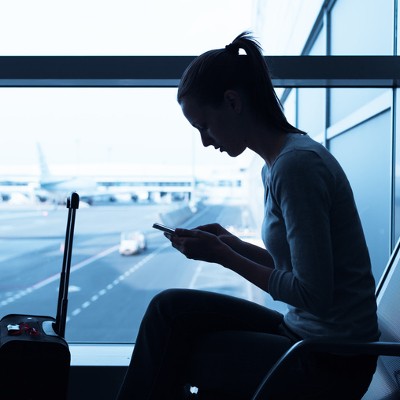USA Computer Services Blog
A wireless network is one of the most useful technologies you have in your home or office. Oftentimes, however, it is set up quickly and will have a hard time broadcasting a signal to the corners of your office. Today, we will discuss ways to ensure that your business (or your home) has the coverage you need it to have, and how to get it if it doesn’t.
 Sometimes you find yourself in a pinch and you really need a WiFi signal for your laptop in order to complete a task. If you’ve got your smartphone handy, then you can easily turn your device into a WiFi hotspot and give your laptop the wireless Internet signal it needs. Here’s how you can accomplish this from your Android device.
Sometimes you find yourself in a pinch and you really need a WiFi signal for your laptop in order to complete a task. If you’ve got your smartphone handy, then you can easily turn your device into a WiFi hotspot and give your laptop the wireless Internet signal it needs. Here’s how you can accomplish this from your Android device.
 Wireless connections like WiFi can be tricky at times. Either they don’t work, the connection isn’t a very good one, or there are too many people using it for it to be effective. Whatever the reason, you can bet that there are people using your WiFi who shouldn’t be can be. This can lead to many problems including security concerns, slow browsing speeds, and more.
Wireless connections like WiFi can be tricky at times. Either they don’t work, the connection isn’t a very good one, or there are too many people using it for it to be effective. Whatever the reason, you can bet that there are people using your WiFi who shouldn’t be can be. This can lead to many problems including security concerns, slow browsing speeds, and more.
 As the Internet of Things and BYOD make headlines in the technology world, more and more devices are connecting to wireless networks. While this means that technology continues to grow more mobile, it also means that threats are given new avenues to access countless devices, many of which might contain information of a personal nature.
As the Internet of Things and BYOD make headlines in the technology world, more and more devices are connecting to wireless networks. While this means that technology continues to grow more mobile, it also means that threats are given new avenues to access countless devices, many of which might contain information of a personal nature.
 Yes, you read that title right. If your WiFi isn't protected, you can be hacked by the furry little creature that wanders around your backyard when you're not home. Coco, a Siamese cat from Washington, D.C., was able to discover dozens of weak or unprotected WiFi networks in his neighborhood with his high-tech collar.
Yes, you read that title right. If your WiFi isn't protected, you can be hacked by the furry little creature that wanders around your backyard when you're not home. Coco, a Siamese cat from Washington, D.C., was able to discover dozens of weak or unprotected WiFi networks in his neighborhood with his high-tech collar.
 Prior to the XXII Olympic Games in Sochi, Russia, concerns were shared from many American news outlets in regards to mobile data security. On the eve of competition the NBC Nightly News with Brian Williams broadcasted a story suggesting that data security in Russia, and more specifically, at the Olympic games was atrocious; with the reporter, Richard Engel, getting both his smartphone and his work laptop hacked almost immediately.
Prior to the XXII Olympic Games in Sochi, Russia, concerns were shared from many American news outlets in regards to mobile data security. On the eve of competition the NBC Nightly News with Brian Williams broadcasted a story suggesting that data security in Russia, and more specifically, at the Olympic games was atrocious; with the reporter, Richard Engel, getting both his smartphone and his work laptop hacked almost immediately.





